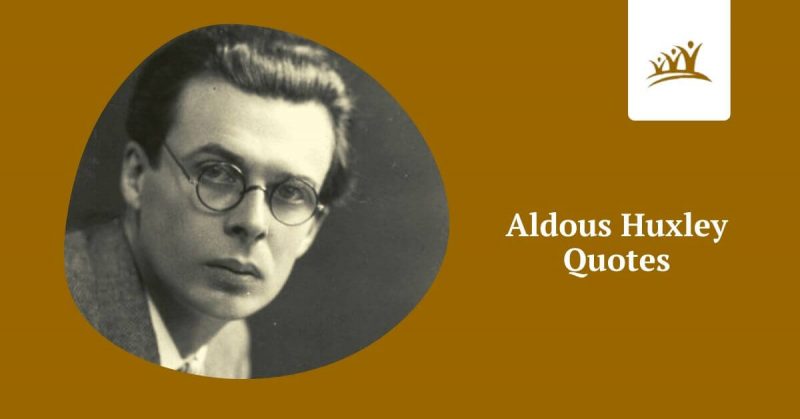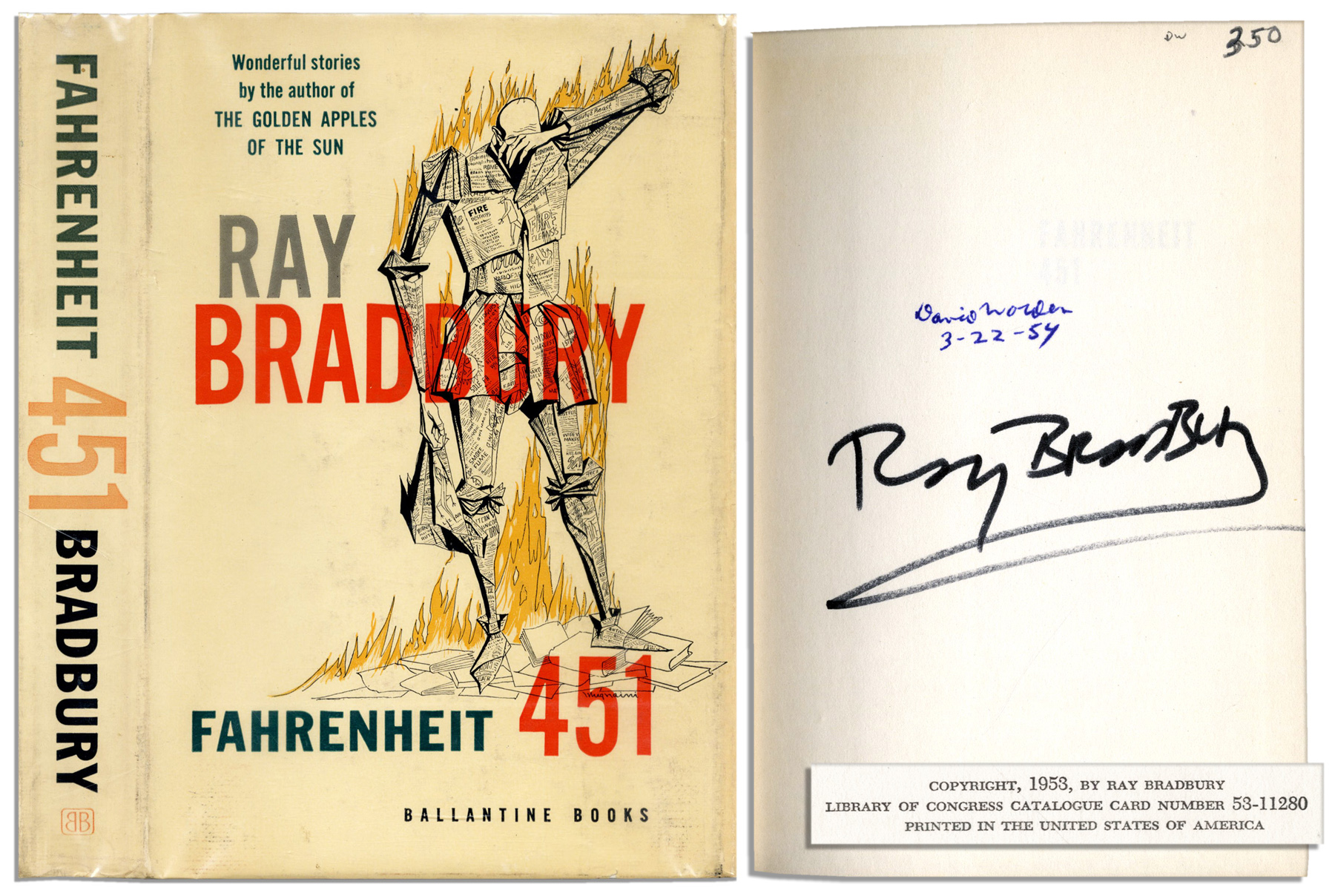
 SpaceNext50 Britannica presents SpaceNext50, From the race to the Moon to space stewardship, we explore a wide range of subjects that feed our curiosity about space!Īldous Huxley, in full Aldous Leonard Huxley, (born July 26, 1894, Godalming, Surrey, England-died November 22, 1963, Los Angeles, California, U.S.), English novelist and critic gifted with an acute and far-ranging intelligence whose works are notable for their wit and pessimistic satire. Learn about the major environmental problems facing our planet and what can be done about them! Saving Earth Britannica Presents Earth’s To-Do List for the 21st Century. 100 Women Britannica celebrates the centennial of the Nineteenth Amendment, highlighting suffragists and history-making politicians. COVID-19 Portal While this global health crisis continues to evolve, it can be useful to look to past pandemics to better understand how to respond today. Student Portal Britannica is the ultimate student resource for key school subjects like history, government, literature, and more. This Time in History In these videos, find out what happened this month (or any month!) in history. #WTFact Videos In #WTFact Britannica shares some of the most bizarre facts we can find. Demystified Videos In Demystified, Britannica has all the answers to your burning questions. Britannica Classics Check out these retro videos from Encyclopedia Britannica’s archives. Britannica Explains In these videos, Britannica explains a variety of topics and answers frequently asked questions. Religion would be the conscious and intelligent pursuit of man's Final End, the unitive knowledge of immanent Tao or Logos, the transcendent Godhead or Brahman.
SpaceNext50 Britannica presents SpaceNext50, From the race to the Moon to space stewardship, we explore a wide range of subjects that feed our curiosity about space!Īldous Huxley, in full Aldous Leonard Huxley, (born July 26, 1894, Godalming, Surrey, England-died November 22, 1963, Los Angeles, California, U.S.), English novelist and critic gifted with an acute and far-ranging intelligence whose works are notable for their wit and pessimistic satire. Learn about the major environmental problems facing our planet and what can be done about them! Saving Earth Britannica Presents Earth’s To-Do List for the 21st Century. 100 Women Britannica celebrates the centennial of the Nineteenth Amendment, highlighting suffragists and history-making politicians. COVID-19 Portal While this global health crisis continues to evolve, it can be useful to look to past pandemics to better understand how to respond today. Student Portal Britannica is the ultimate student resource for key school subjects like history, government, literature, and more. This Time in History In these videos, find out what happened this month (or any month!) in history. #WTFact Videos In #WTFact Britannica shares some of the most bizarre facts we can find. Demystified Videos In Demystified, Britannica has all the answers to your burning questions. Britannica Classics Check out these retro videos from Encyclopedia Britannica’s archives. Britannica Explains In these videos, Britannica explains a variety of topics and answers frequently asked questions. Religion would be the conscious and intelligent pursuit of man's Final End, the unitive knowledge of immanent Tao or Logos, the transcendent Godhead or Brahman. 

Science and technology would be used as though, like the Sabbath, they had been made for man, not (as at present and still more so in the Brave New World) as though man were to be adapted and enslaved to them. In this community economics would be decentralist and Henry-Georgian, politics Kropotkinesque and co-operative.

Between the Utopian and primitive horns of his dilemma would lie the possibility of sanity. If I were now to rewrite the book, I would offer the Savage a third alternative. The ideas that would become Island can be seen in a foreword he wrote in 1946 to a new edition of Brave New World: Island is Huxley's utopian counterpart to his most famous work, the 1932 dystopian novel Brave New World. It is the account of Will Farnaby, a cynical journalist who is shipwrecked on the fictional island of Pala.








 0 kommentar(er)
0 kommentar(er)
